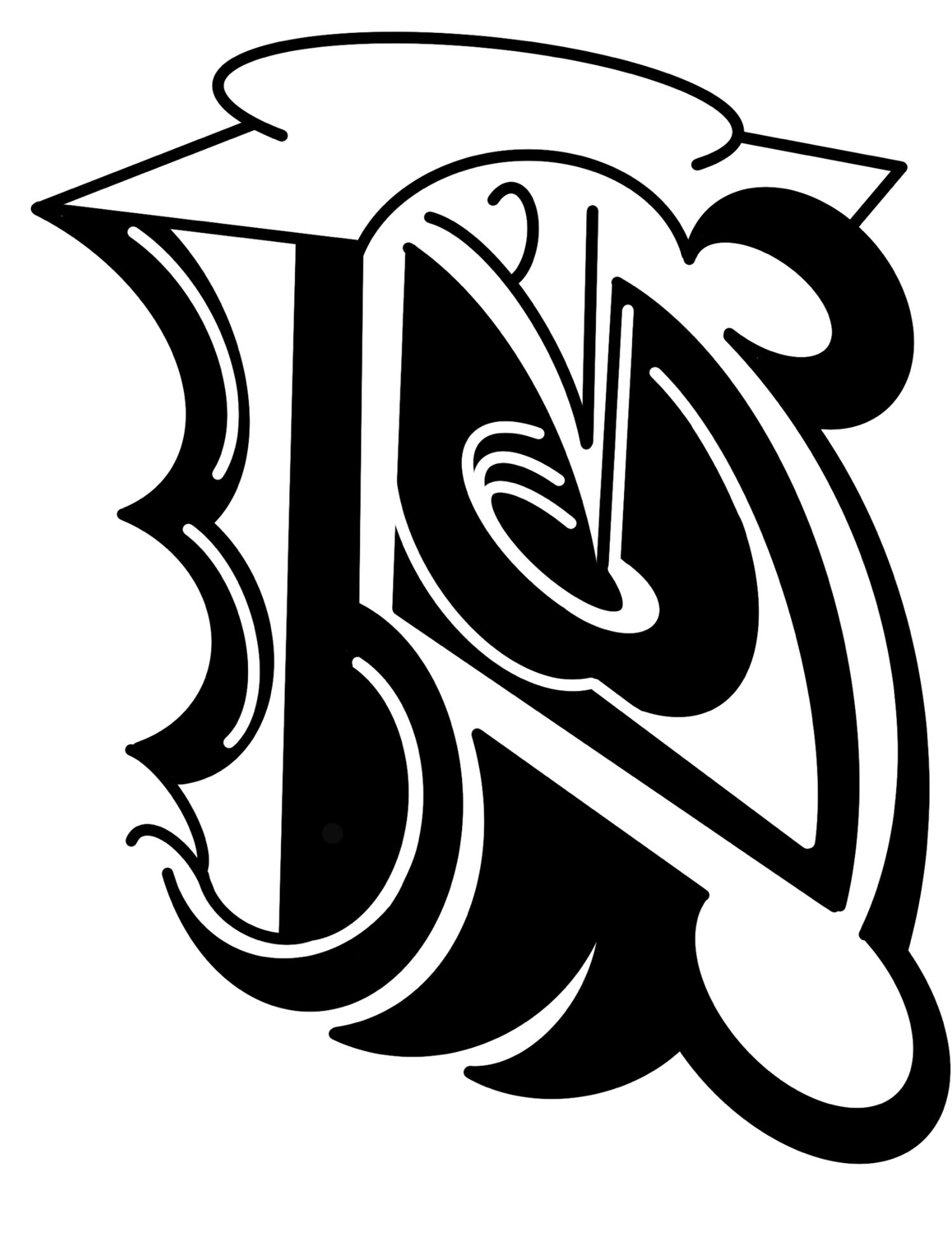William Doreski

Tobacco Monster
At the edge of a stubble field
a clutch of men kneads a blob
of green gelatinous matter.
You ask about that greasy mess.
“Tobacco monster,” I explain,
a term for green tobacco pulped
for easy shipping in tank trucks.
Factories in North Carolina
will dry and flake the tobacco
for cigarettes to peddle to kids
who’ll never smoke shed-cured leaf.
Sometimes tobacco monsters
escape before the trucks arrive.
They slither down drains to rivers,
where they dissipate in toxins
that snuff the last gasp of life
from every creature or plant
the waxen swirl encounters.
No, it’s not illegal to kill off
nature with a natural poison.
Watch the men. They drove north
from the Deep South to work here,
their pay heavy in their pockets.
The field gleams like beaten gold
in your favorite John Donne poem.
The tobacco monster groans with pleasure
like a Berkshire hog being scratched.
You appreciate the pastoral
look of this moment in time.
But if some grim autumn night
a rouge tobacco monster slops
against your door don’t open up—
just call the fire department
to flush it away with a hose.
Don’t worry about those men.
They’ll scrub their hands so carefully
that the nicotine won’t linger
to spike them with addiction,
the tars won’t thicken their blood,
and the texture of the spongy mass
won’t remind them anymore
of the breasts of women they love.
William Doreski has published three critical studies and several collections of poetry. His poetry, essays, reviews, and fiction have appeared in many print and online journals. He has taught writing and literature at Emerson, Goddard, Boston University, and Keene State College. His most recent books are A Black River, A Dark Fall, a poetry collection, and Train to Providence, a collaboration with photographer Rodger Kingston. His website is williamdoreski.blogspot.com.